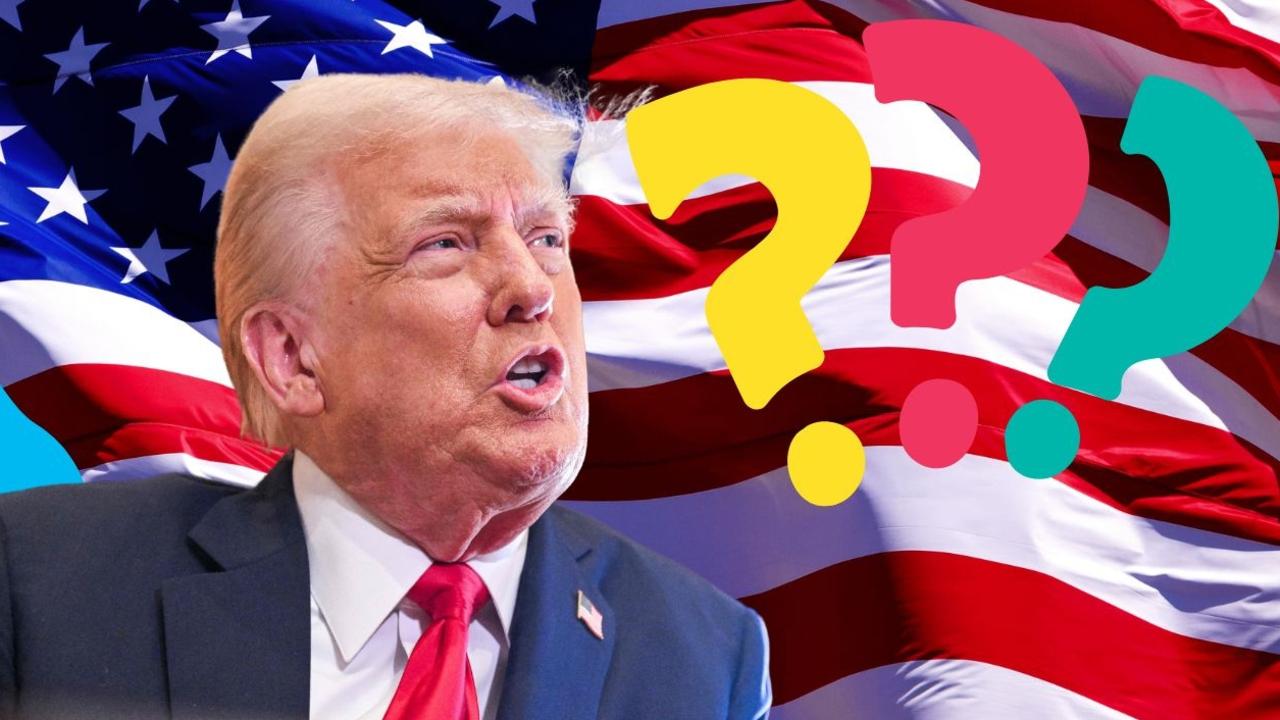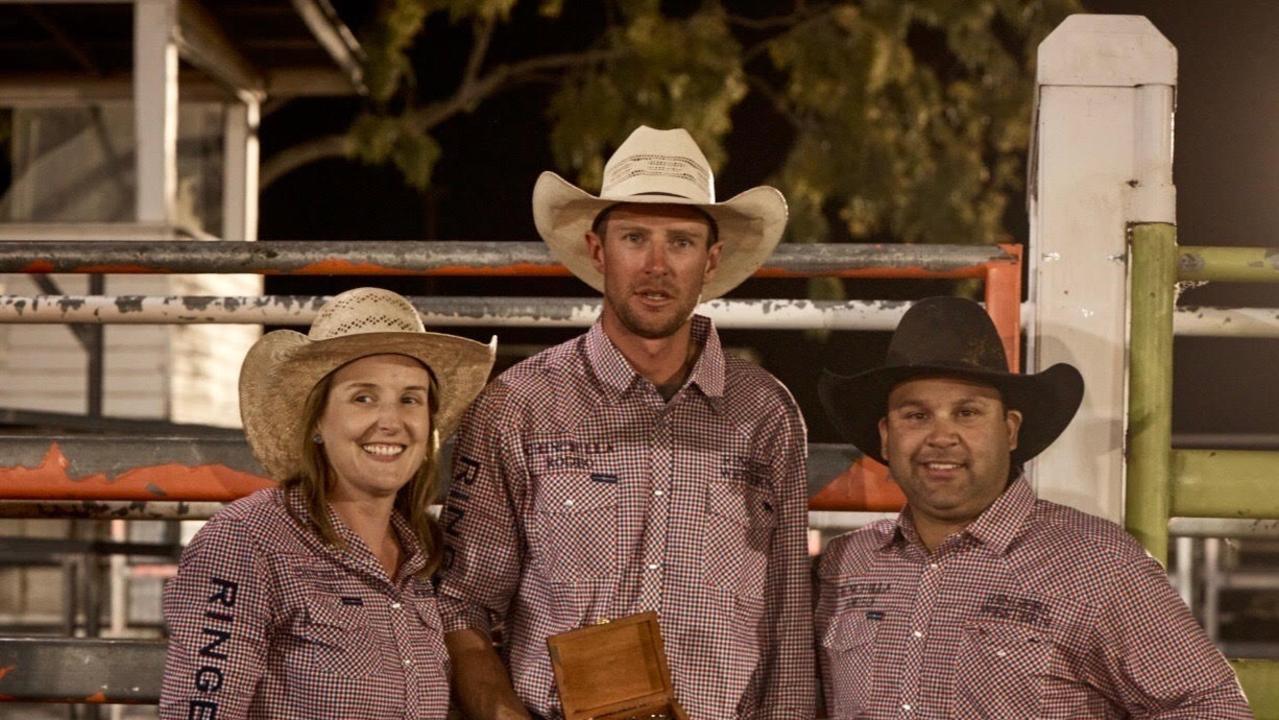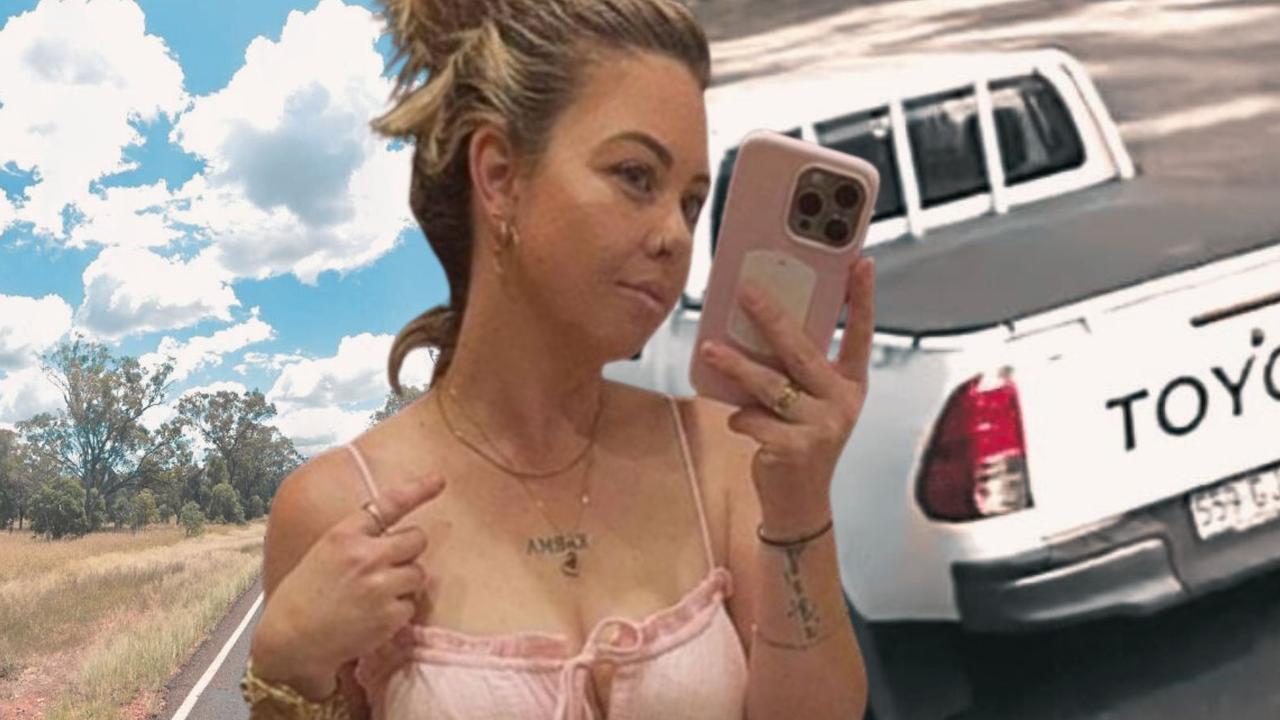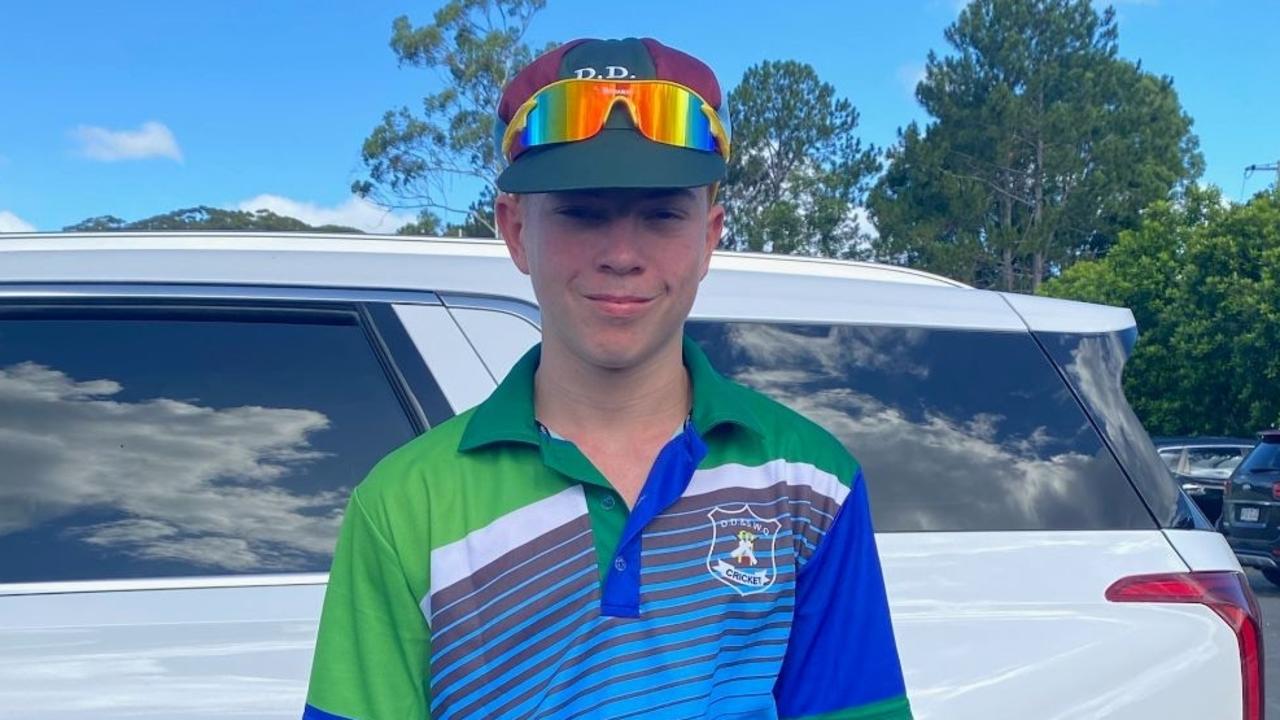OPINION: Mundine Challenging the 'racist' tag
INDIGENOUS leader Warren Mundine challenges those who tag him 'Uncle Tom' for his ideology on indigenous social welfare issues.
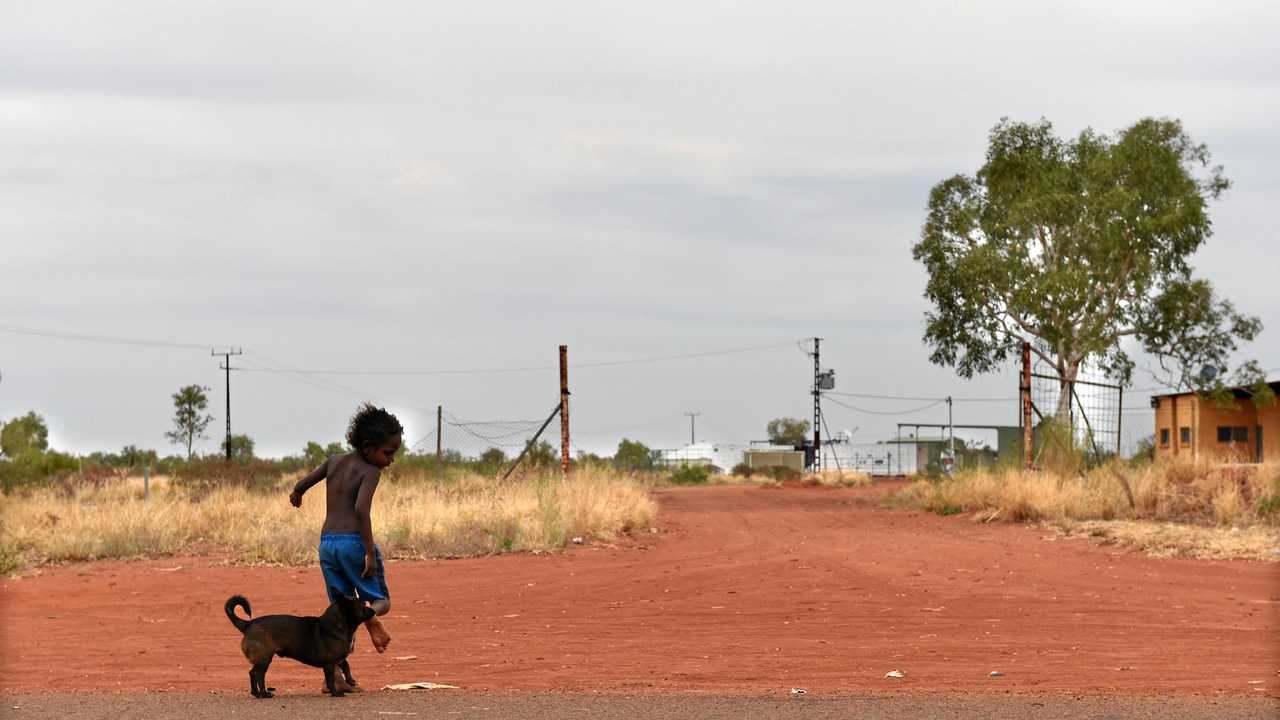
Chinchilla
Don't miss out on the headlines from Chinchilla. Followed categories will be added to My News.
The Daily Examiner introduces the first of our regular columns penned by well-known Bundjalung man, political adviser and business advocate Nyunggai Warren Mundine who grew up in the Clarence Valley. Warren's columns explore and challenge a broad range of social and indigenous issues as well as business matters and the economy.
I'M known for speaking my mind. Many of my opinions provoke strong responses. For example, when I condemn silence about family violence in indigenous communities. When I say the only way to lift indigenous people out of poverty is a job. That chronic welfare dependency destroys families, communities and culture. That not sending kids to school is child abuse. That indigenous kids at risk should be put in safe homes, their safety coming before anything, including culture and kin.
A common complaint is I can say these things because I'm Aboriginal, but white people who do are abused as "racist". Nonsense. None of these statements is racist. And anyone who thinks I can say these things without consequence are in fantasyland.
People abuse me with racist slurs like "Uncle Tom" or "coconut" or call me a race traitor.
This kind of abuse is a deliberate tactic to silence people to promote ideology. When I studied community development at university, I was taught Saul Alinsky's book Rules for Radicals. A far-left activist, Alinsky advised on organising community activist campaigns. His main technique is constant, personal and negative abuse. Rule 13: "Pick the target, freeze it, personalise it and polarise it". Rule 11: "If you push a negative hard and deep enough it will break through into its counterside."
Abusing people as "racist" for opinions that aren't actually racist is straight from Alinsky's playbook. So is calling black people "Uncle Tom" or "race traitor". It's punishing people for not abiding socialist-left dogma that promotes the welfare state as a legitimate way of life and hides the deep, social dysfunction caused by chronic welfare dependency.
If you think you can't say something because you'll be called racist, my message is this: So what? "Racism" is a defined English word. You can work out if your statement is racist. If it's not, your accusers are wrong. They're trying to silence you.
And it's up to you if they succeed. It's not that some people can't say certain things. It's that some people prefer avoiding the pain of verbal abuse over speaking their mind.
I understand why regular people keep their heads down. But politicians and people in public office don't get that option. They're appointed to represent and serve the community and to uphold and enforce the laws. If they don't because of fear of being called names, they're in the wrong job.
We saw this recently with the tragic case of a two-year-old Aboriginal girl allegedly raped in Tennant Creek after multiple notifications to social services indicating the child was at risk.
A leaked 2015 report into NT's child protection systems said fear of being accused of racism and of creating another Stolen Generation was interfering with child protection agencies doing their job.
It said child protection staff believe culture should have "unmoderated priority over child protection concerns" and don't critically assess their perceptions of culture.
For several decades, child protection doctrine has favoured children remaining with birth parents.
The doctrine is advocated for all children. But its proponents have been able to push it harder in relation to indigenous children by conflating modern child protection laws with the state and territory Aboriginal protection and segregation regimes of last century that gave rise to the Stolen Generation. It's a false narrative.
Today's laws aren't like those regimes. Conflating the two not only endangers indigenous children today but insults the memory and experience of all of us who lived under those regimes.
It happens on all sides of the discussion. Conservatives who engage in history debates after events like the alleged Tennant Creek attack are drawn away from the solid ground supporting the removal of at-risk children today onto the quicksand of historical culture wars. Citing the Stolen Generation to bolster ideological positions (of any flavour) doesn't help indigenous children.
I'll continue to speak my mind even if I'm abused. Some people think I have a rhinoceros' hide. Actually, I find it relatively straightforward to counter Alinksy tactics.
Firstly, stick to the facts. Facts can never be racist.
Don't generalise, extrapolate or get drawn into sidebars (e.g. history if talking about today).
Don't cede to socialist-left redefinitions of race. To modern race theorists, "racism" is anything white people, conservatives or people in authority do; "white" is synonymous with conservative opinions, authority, prosperity and success (also synonyms of "race traitor"); and "black" is synonymous with powerlessness, victimhood and failure. This isn't linguistics. It's ideology.
Finally, be fearless. Note Alinksy's Rule 9: "The threat is usually more terrifying than the thing itself."
Without fear, the Rules for Radicals are ineffective.
Originally published as OPINION: Mundine Challenging the 'racist' tag


